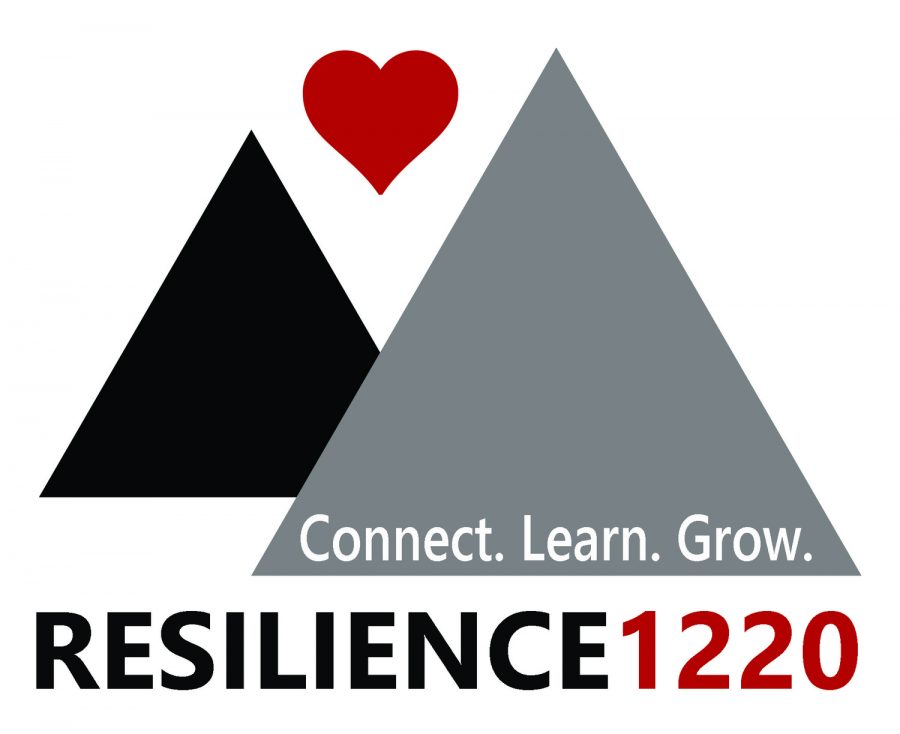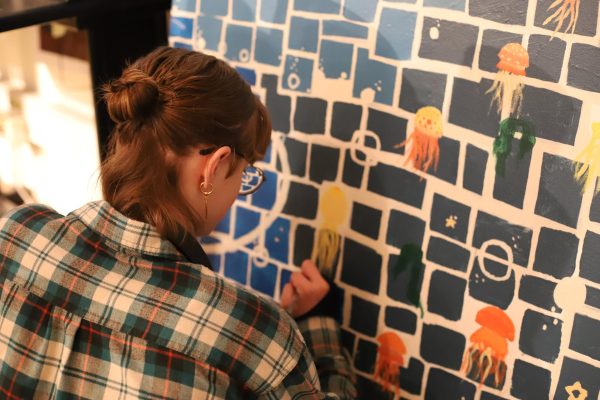Resilience
The rise of Covid-19 has affected everyone on a global scale in some way or another. An often forgotten effect of Covid-19 is the changes in teen mental health. These changes stem from less social exposure as well as reformatted school and extracurricular activities. Luckily, these mental health changes are not always for the worse.
“My more anxious youth have actually felt better because they’re not having to rise to the occasion of school every day” said Heather Aberg, a licensed clinical social worker.
Aberg explained that her clients who tend to be more anxious and introverted have experienced improvements in mental health due to the reduced social pressure and stimulation previously caused by school. Unfortunately, every teen has had to face losing some of their emotional outlets, regardless of whether they are introverted or extroverted.
“Covid mostly affects dance, which is my happy place to unwind,” Autumn Jones, sophomore, said. “When the studio shuts down, I am stuck in my home by myself which is bad for my mental health.”
Without their extra curricular activities and time with friends, many teens have faced a plummet in mental health.
“It’s been really hard on myself and some of my friends, not being able to do the things we like to do are used to doing,” said Junior Haylee Williams, “It’s been hard to cope with all the changes.”
It seems as though all teenagers can identify with being overwhelmed by the changes brought by Covid. Luckily, organizations such as Resilience 1220 have been working hard to help support youth through the pandemic.
“We are a nonprofit organization, a little over a year old, and we work to prevent mental crisis,” said Heather Aberg, the executive director of Resilience 1220. “We also work to reduce the stigma around mental health and getting treatment for mental health.”
Aberg explained the Resilience 1220 works to provide counseling without barriers to anyone in need. She also mentioned that the organization would be more than happy to come and talk to any clubs or individuals that needed it.
“We are willing to talk to anyone, anytime, anywhere, about any topic,” Aberg said. “We are happy to talk with you and your friends about any aspect of mental health.”









